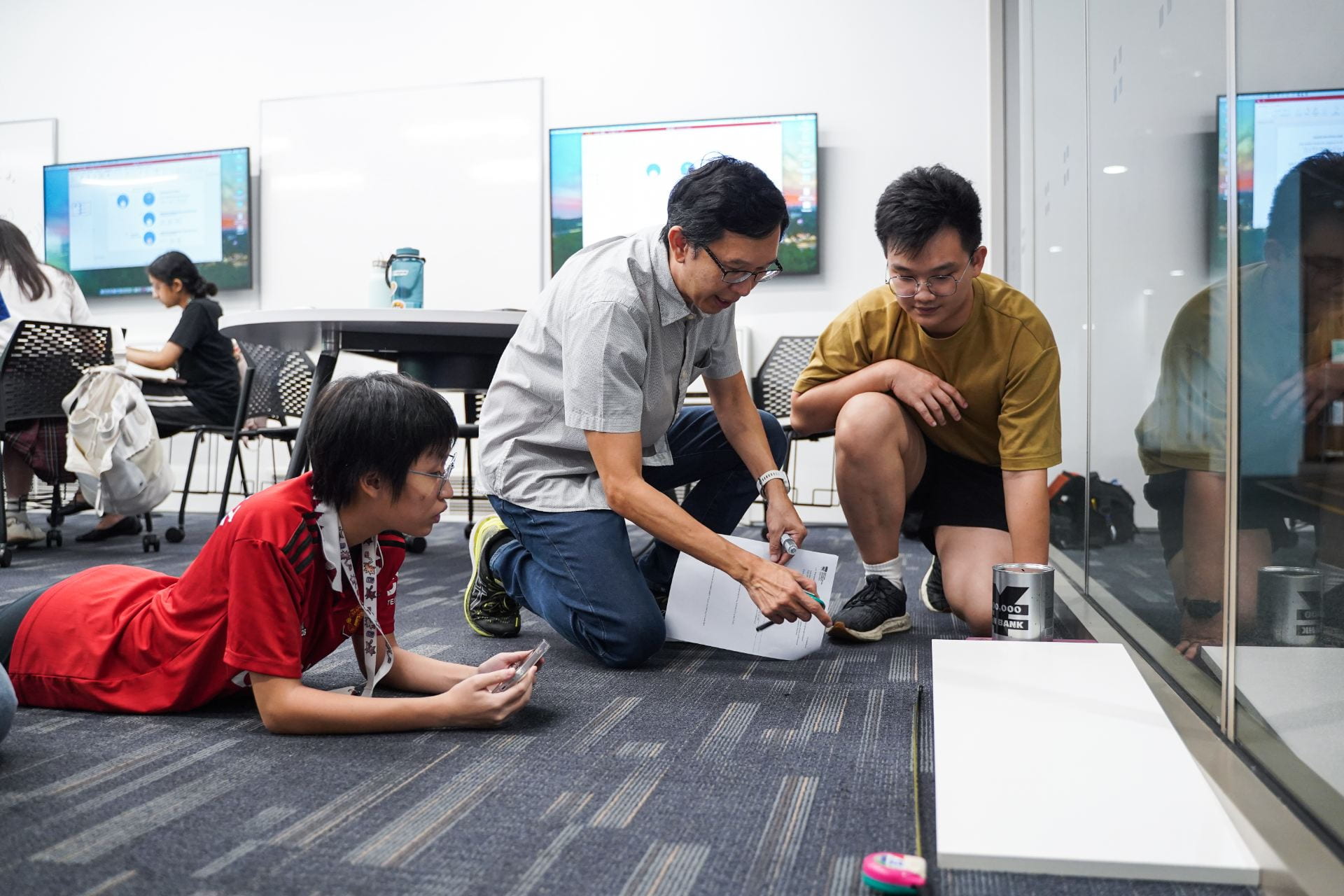Teaching AI to Students Without a Computing Background: A Concrete Representation Approach

In this post, we feature Mr Michael Tan Yong Heng, a Senior Lecturer from the Division of Information Technology & Operations Management at the Nanyang Business School. Mr Tan has been teaching Artificial Intelligence (AI) to students without a computing background, and he shares with us his innovative approach to make this complex subject accessible and engaging for his learners.
Read more







